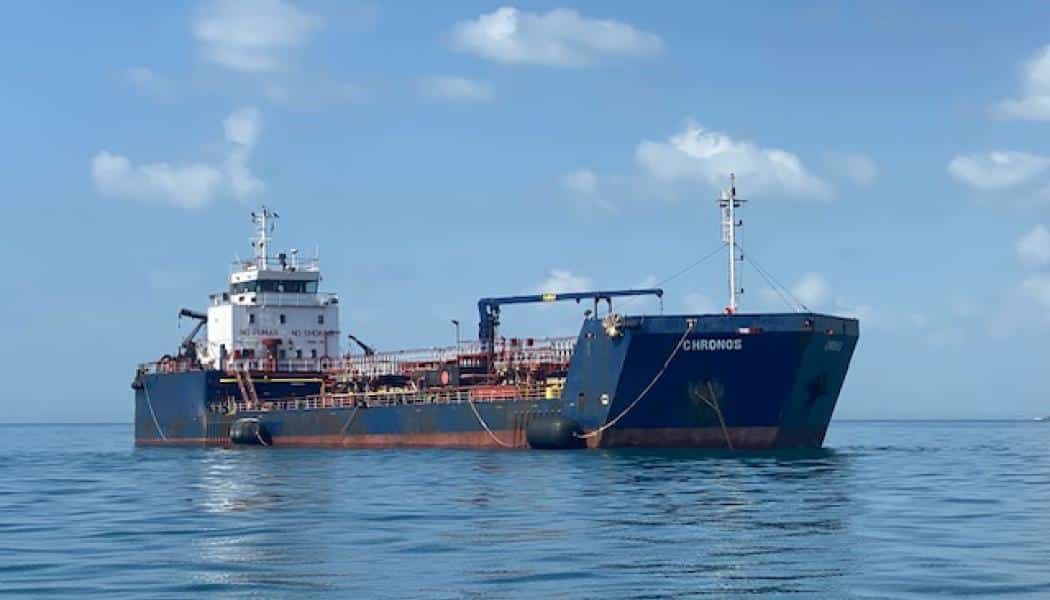Salzgitter and Oldendorff Partner for Greener Shipping
Salzgitter to decarbonize maritime iron ore transport

Salzgitter Flachstahl GmbH, a subsidiary of Salzgitter AG, has forged a significant long-term partnership with Oldendorff Carriers aimed at slashing carbon emissions in the maritime transport of iron ore. This collaboration, set to commence in January 2026, is a pivotal step in Salzgitter’s ongoing efforts to decarbonize its steel supply chain. By utilizing fuel-efficient bulk carriers, the partnership is projected to achieve a minimum 20% reduction in CO₂e emissions.
Innovative Logistics to Cut Emissions
Under the new agreement, Oldendorff will transport iron ore from various loading ports to Hamburg, employing advanced logistics strategies to optimize cargo flows and routing. This initiative is expected to significantly lower carbon emissions, with estimates suggesting a reduction of approximately 19,000 tonnes of CO₂e. To put this into perspective, this reduction is comparable to taking over 4,000 passenger cars off the road for an entire year.
Importantly, Salzgitter will not face any additional costs due to this collaboration. In fact, the focus on reducing transport fuel consumption is anticipated to yield cost savings for the company. The emissions reductions will be classified as Scope 1 emissions for Oldendorff and Scope 3 emissions for Salzgitter, highlighting the comprehensive nature of their sustainability efforts.
Commitment to Sustainable Practices
Gunnar Groebler, Chairman of the Executive Board of Salzgitter AG, emphasized the importance of this partnership in the context of their SALCOS® project. He stated, “In our SALCOS® project, we are focusing not only on decarbonizing the internal production route for steelmaking but also on related process steps along the entire value chain. Logistics – particularly seaborne raw material transport – plays a central role in this context.” Groebler expressed satisfaction in having Oldendorff as a strong ally in their transformation journey.
Henrik Christiansen, Executive Director and Head of Sustainability at Oldendorff, echoed this sentiment, noting that “Decarbonizing maritime operations is a complex challenge that requires coordination across the entire value chain.” He highlighted that this partnership not only strengthens the relationship between two prominent German companies but also exemplifies the collaborative efforts necessary to achieve significant reductions in emissions and promote sustainable transport solutions.
Oldendorff’s fleet, primarily composed of modern “eco”-type bulk carriers, is designed to enhance fuel efficiency compared to older vessel generations. Features such as optimized hull forms and advanced engine technology contribute to a lower carbon intensity per tonne of cargo transported, reinforcing the commitment of both companies to a more sustainable future.
